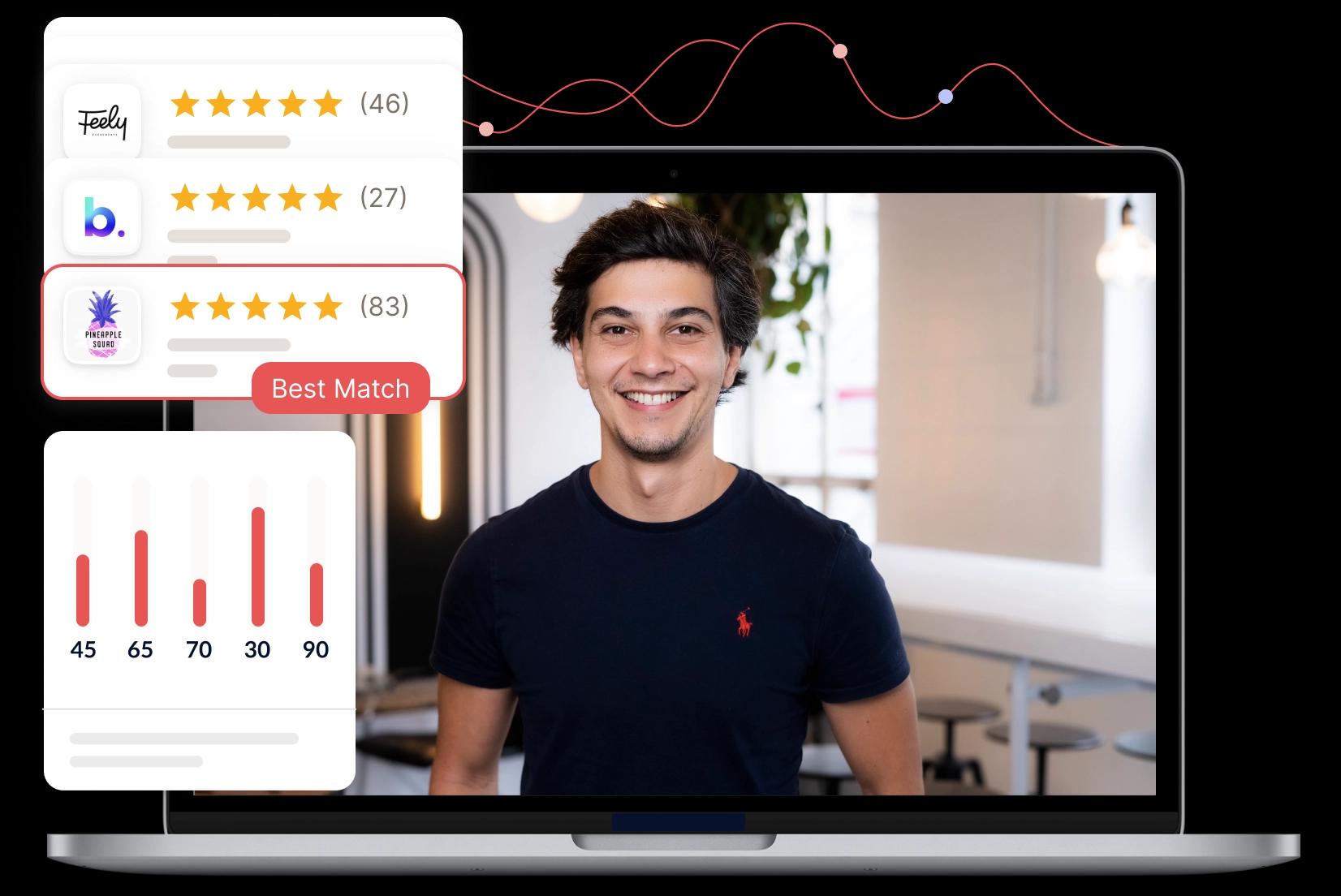List of the top Webshop Development Companies in Portland, OR
- Award-winner2 works in Webshop DevelopmentActive in Portland, ORFrom €1000 for Webshop Development
- No work in Webshop DevelopmentActive in Portland, ORFrom €1000 for Webshop Development
- RecommendedAward-winnerNo work in Webshop DevelopmentActive in Portland, ORFrom €500 for Webshop Development
- 5(11 reviews)
Web Design Agency, at Creatif Agency we help business grow online and boost their ROI
RecommendedAward-winnerNo work in Webshop DevelopmentActive in Portland, ORFrom €3000 for Webshop Development - RecommendedAward-winnerNo work in Webshop DevelopmentActive in Portland, ORFrom €1000 for Webshop Development
- No work in Webshop DevelopmentActive in Portland, ORFrom €3000 for Webshop Development
- Award-winnerNo work in Webshop DevelopmentActive in Portland, ORFrom €15000 for Webshop Development
- No work in Webshop DevelopmentActive in Portland, ORFrom €1000 for Webshop Development
- No work in Webshop DevelopmentActive in Portland, ORFrom €1000 for Webshop Development
- (0 review)No work in Webshop DevelopmentActive in Portland, ORFrom €1000 for Webshop Development
- (0 review)
Top eCommerce marketing and development experts. Trusted by Newsweek’s #1 ranked online shop, two years running.
No work in Webshop DevelopmentActive in Portland, ORFrom €1000 for Webshop Development - (0 review)No work in Webshop DevelopmentActive in Portland, ORFrom €1000 for Webshop Development
- No work in Webshop DevelopmentActive in Portland, ORFrom €1000 for Webshop Development
- RecommendedAward-winnerNo work in Webshop DevelopmentActive in Portland, ORFrom €1000 for Webshop Development
- 1 work in Webshop DevelopmentActive in Portland, ORFrom €1000 for Webshop Development
- (0 review)No work in Webshop DevelopmentActive in Portland, ORNo budget for Webshop Development
- (0 review)
A digital marketing agency, we are the leading WordPress focused creative agency in the Washington, D.C. area
No work in Webshop DevelopmentActive in Portland, ORFrom €1000 for Webshop Development - (0 review)
We create websites and apps that are fully customized, scalable, easy to manage, and have a creative twist.
No work in Webshop DevelopmentActive in Portland, ORNo budget for Webshop Development - (0 review)
Keybridge Web is a leading Washington DC web design company that develops high-quality custom web.
No work in Webshop DevelopmentActive in Portland, ORFrom €1000 for Webshop Development - (0 review)No work in Webshop DevelopmentActive in Portland, ORNo budget for Webshop Development
